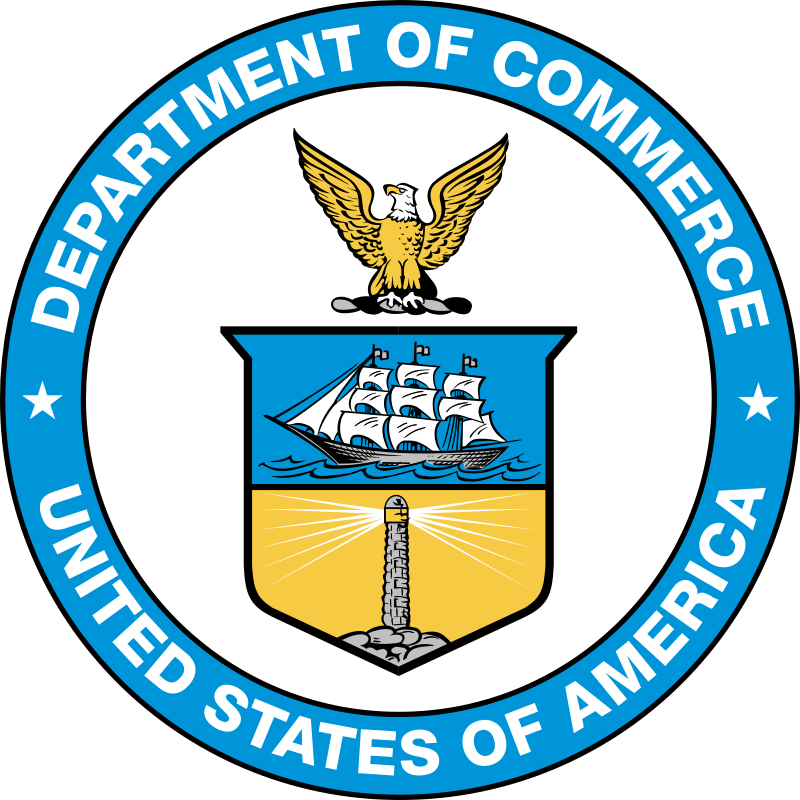The U.S. Commerce Department is a vital part of the American government, working to promote economic growth, job creation, and innovation. It plays a major role in shaping trade policies, protecting technology, and gathering important economic data. Its actions affect businesses, consumers, and the global economy.
The main goal of the U.S. Commerce Department is to create conditions that help the U.S. economy grow. It does this by encouraging new ideas, supporting entrepreneurs, and helping industries compete worldwide. The department also focuses on sustainable development, aiming to balance economic progress with environmental care.
One of the key responsibilities of the Commerce Department is managing trade and export controls. This task is handled mainly by the Bureau of Industry and Security (BIS), a branch of the department that controls the export of products and technologies that could be used for military or sensitive purposes. These controls help protect U.S. national security by preventing advanced technology from falling into the wrong hands.
The department maintains a list called the Entity List. This list names companies and organizations that are restricted from receiving U.S. goods or technology. For example, major Chinese companies like Huawei Technologies and Semiconductor Manufacturing International Corp (SMIC) are on this list. Being on the Entity List means these companies must get special permission before buying American technology or products, limiting their ability to grow their capabilities.
The U.S. Commerce Department also works closely with other government agencies, such as the Departments of State and Defense, to enforce trade laws. Together, they ensure exports follow U.S. policies and do not threaten national security. In recent years, the department has taken steps to block exports of advanced chips and technologies to certain Chinese firms, including orders for Taiwan Semiconductor Manufacturing Company (TSMC) to stop shipments of some products. This move aims to slow China’s progress in fields like artificial intelligence and semiconductors.
Apart from trade and security, the Commerce Department is responsible for collecting and analyzing economic data. Agencies under the department, such as the U.S. Census Bureau and the Bureau of Economic Analysis, provide valuable information about the economy, population, and trade. This data helps the government and businesses make informed decisions.
The department also supports scientific research and technology development. Through the National Institute of Standards and Technology (NIST), it helps set standards that improve product quality and safety. The Economic Development Administration works to boost economic growth in U.S. regions, supporting job creation and innovation.
Another important role of the Commerce Department is managing intellectual property rights. It oversees the U.S. Patent and Trademark Office (USPTO), which protects inventions and brands. This protection encourages innovation by giving inventors exclusive rights to their creations.
The U.S. Commerce Department is led by the Secretary of Commerce, a Cabinet member appointed by the President. The department has many bureaus, each specializing in different areas such as trade, technology, data, and economic development.
Global trade policies are also influenced by the Commerce Department. It negotiates trade agreements and enforces rules to ensure fair competition. By doing so, it protects U.S. industries from unfair foreign practices and supports American workers.
The department’s work has become even more important as technology advances rapidly and global markets become more connected. Controlling exports of sensitive technology is crucial to maintaining U.S. leadership in innovation and security.
Overall, the U.S. Commerce Department plays a central role in shaping the country’s economic future. Its efforts to promote growth, protect technology, and enforce trade rules have far-reaching effects on the U.S. and the world. Through careful management of exports, support for innovation, and gathering vital economic data, the department helps the United States navigate the challenges of a complex global economy.







